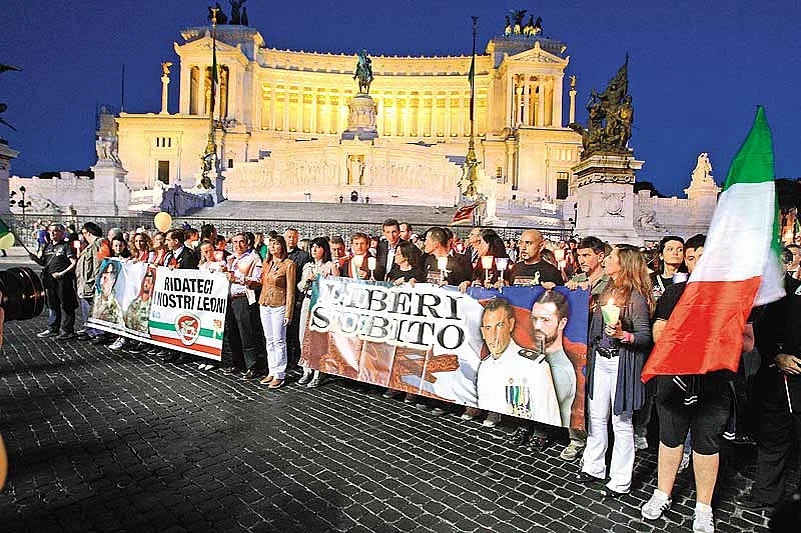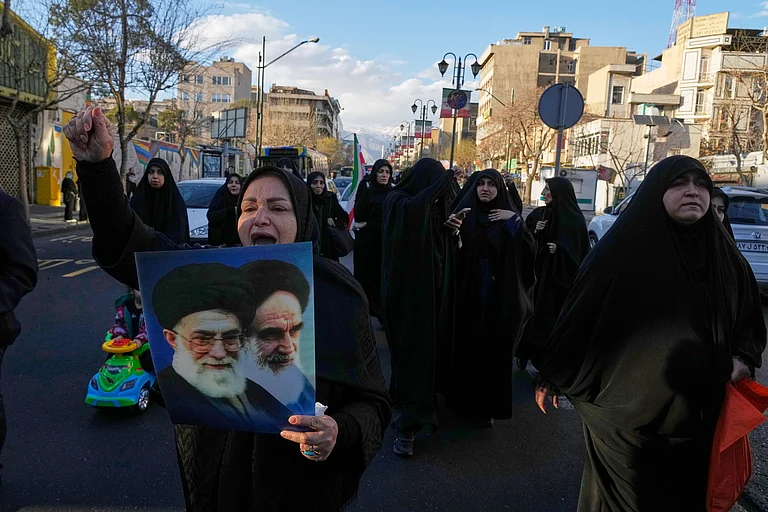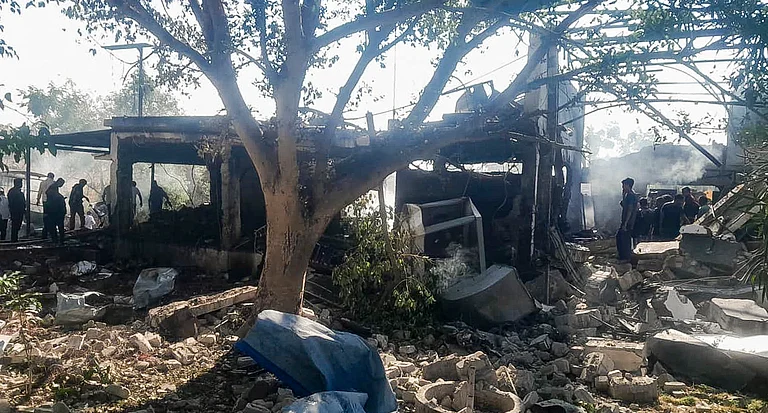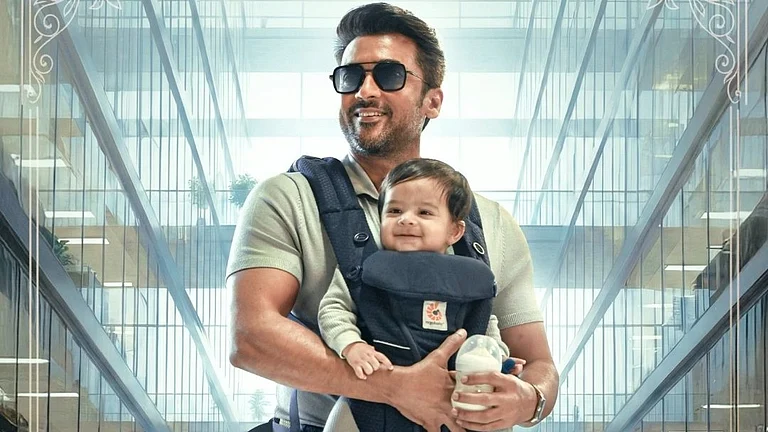Slices In Italy
- State Outgoing prime minister Mario Monti and the outgoing defence minister greet the Italian marines on their return to Rome on February 23, 2013. President Giorgio Napolitano receives them and shakes their hands.
- Business The carmaker Ferrari gets into a diplomatic row by featuring the Italian navy flag at the 2012 Formula One races at the Indian Grand Prix to express solidarity with the jailed marines
- Trade Italy is India’s fourth-largest trading partner in the EU. Since 1991, trade between thw two nations has grown 12-fold, from 708 million euros to 8.5 billion euros. Some 400 Italian companies have a presence in India.
- Citizens Relatives of Tomaso Bruno and Elisabetta Boncompagni, who are appealing a conviction in an Indian court for murdering an Italian fellow traveller in Varanasi, fear their chances of establishing innocence may be prejudiced by latest developments.
***
Italy appears to have been taken aback by the virulence of India’s reaction to its decision not to send back its two marine riflemen to face trial for shooting dead two Kerala fishermen in February 2012. The decision was taken at a cabinet meeting on March 7 and communicated to the Indian government four days later. The Italian government invoked “customary and treaty law” and said the dispute over the fate of riflemen Massimiliano Latorre and Salvatore Girone should be settled under the terms of the United Nations Convention on the Law of the Sea.
Italian foreign minister Giulio Terzi defended the decision during an official visit to Tel Aviv, telling reporters: “We have many juridically solid motives for proceeding in the direction we have undertaken—that of international arbitration. Everything the Indian government needs to know of our motives it knows fully well, as do many of our partners.” The European Union gave lukewarm endorsement to the Italian position. A spokesman for foreign affairs commissioner Catherine Ashton said the EU “noted” Terzi’s declaration and hoped a solution would be found “in full respect of the UN Convention on the Law of the Sea and international laws.”
Italian media have attributed the surprise unilateral decision in part to the country’s delicate political situation. The elections at the end of last month, for which Latorre and Girone were allowed to return home to vote, have resulted in a stalemate, with the likelihood that no coalition will be able to form an effective government.
News that India was preparing a special tribunal to try the two men, who allegedly mistook their victims for pirates, is said to have pushed PM Mario Monti to renege on Italian promises to return them, rather than leaving the problem to the lame duck government likely to succeed him. Monti and his outgoing defence minister were at Rome’s airport to greet the two marines on February 23.
“In Rome it is understood that the Indians have no intention of discussing the question of jurisdiction any further,” the Turin daily La Stampa reported. “There is only one prospect: trial and definite conviction. Latorre and Girone risk ending in prison, with a sentence that can go from 42 years to death.” At that point it would be almost impossible to get them out, a diplomatic source told the Turin paper.
Angela Del Vecchio, a professor of international law at Rome’s luiss University, believes the Italian government did the right thing. “It’s the only possible solution, in line with what international law prescribes,” she said. “This is a classic international dispute between two states, where each asserts its competence to judge the same matter. They cannot be resolved by the internal courts of one country, also a party, but must be entrusted to international arbitration.”
Not all Italian experts agree. Bruno Tinti, a former prosecutor, published a comment in the Il Fatto Quotidiano, a newspaper frequently critical of the government. Under the headline: “Marines, Everything Saved Except Honour,” Tinti said Italy was “cutting a miserable international figure” in the affair.
Tinti questioned India’s invocation of the Montego Bay Convention, which extends territorial waters from 12 to 200 miles, but applies, in reality, only to fishing rights. But he criticised Italy’s response to India’s judicial decisions and the heroes’ welcome the two riflemen received when they returned for another humanitarian break last Christmas.
“It’s understandable that their parents were glad to see them, but it’s totally inappropriate that (President Giorgio) Napolitano should receive them and shake their hands: what had they done to deserve the congratulations of the president of the republic? Had he limited himself to thanking India for its trust and guaranteeing respect of the pact it would have been better,” Tinti wrote.
The tussle over the fate of the marines has roused nationalistic emotions on both sides. Numerous public buildings in Italy have exhibited giant posters calling for the return of “our boys” and Ferrari sported the symbol of the Italian navy on its racing car at the Formula One Grand Prix in New Delhi.
A poll conducted by Italy’s Sky News found 72 per cent of respondents supported the government’s decision not to send back the naval officers, while just 28 per cent opposed it.
The Italian navy removed from the homepage of its website the yellow tape that surrounded the Lion of San Marco in solidarity with the brigade to which the two marines belong. “Massimiliano and Salvatore remain in Italy: dissolve the yellow tape,” said the brief text accompanying the logo, and which explains that “from today it will no longer be displayed on the institutional website of the navy.”
But a report published by La Repubblica newspaper called into question the seriousness of the Italian authorities’ stated intention to bring the two men to trial in their own country. Rome prosecutors had ordered the Carabinieri paramilitary police to gather evidence about the incident from the Italian navy, including the position of the Erica Lexie oil tanker, the dynamics of the shooting and recordings of telephone conversations.
So far the only documents in the prosecutors’ file, La Repubblica said, are the depositions of the two marines, who were questioned by Italian magistrates in early January. The affair has inevitably become entwined with investigations in Italy and India into the alleged payment of bribes by AgustaWestland on the sale of 12 helicopters to the Indian Air Force.
Italian business leaders are worried that the diplomatic spat could cause serious harm to promising trade relations between the two countries, and just at a time of grinding economic stagnation in the Mediterranean country. Between 1991 and 2011, bilateral trade grew by a factor of 12, from 708 million euros to 8.5 billion euros, according to the business newspaper Il Sole 24 Ore. Italy is India’s fourth-largest trading partner in the EU, with a shared objective of reaching a commercial exchange worth 15 billion euros by 2015.
Some 400 Italian firms have a presence in India, mostly concentrated in the New Delhi and Mumbai areas. The dispute may have already had a damaging effect: last year Italian exports to India were down by 10.3 per cent, while imports from India to recession-hit Italy slumped 21.5 per cent.
But it is not only trade leaders who are worried by the fallout from the diplomatic row.
Relatives of Tomaso Bruno and Elisabetta Boncompagni, who are appealing a conviction for murdering an Italian fellow traveller in Varanasi, are fearful their chances of establishing their innocence may be prejudiced by the turn of events.
“We are very worried,” Bruno’s mother Marina told La Stampa. “I have written to foreign minister Giulio Terzi, because this decision could have unpredictable consequences for their fate.” Unpredictability—there has been no shortage of that.

























